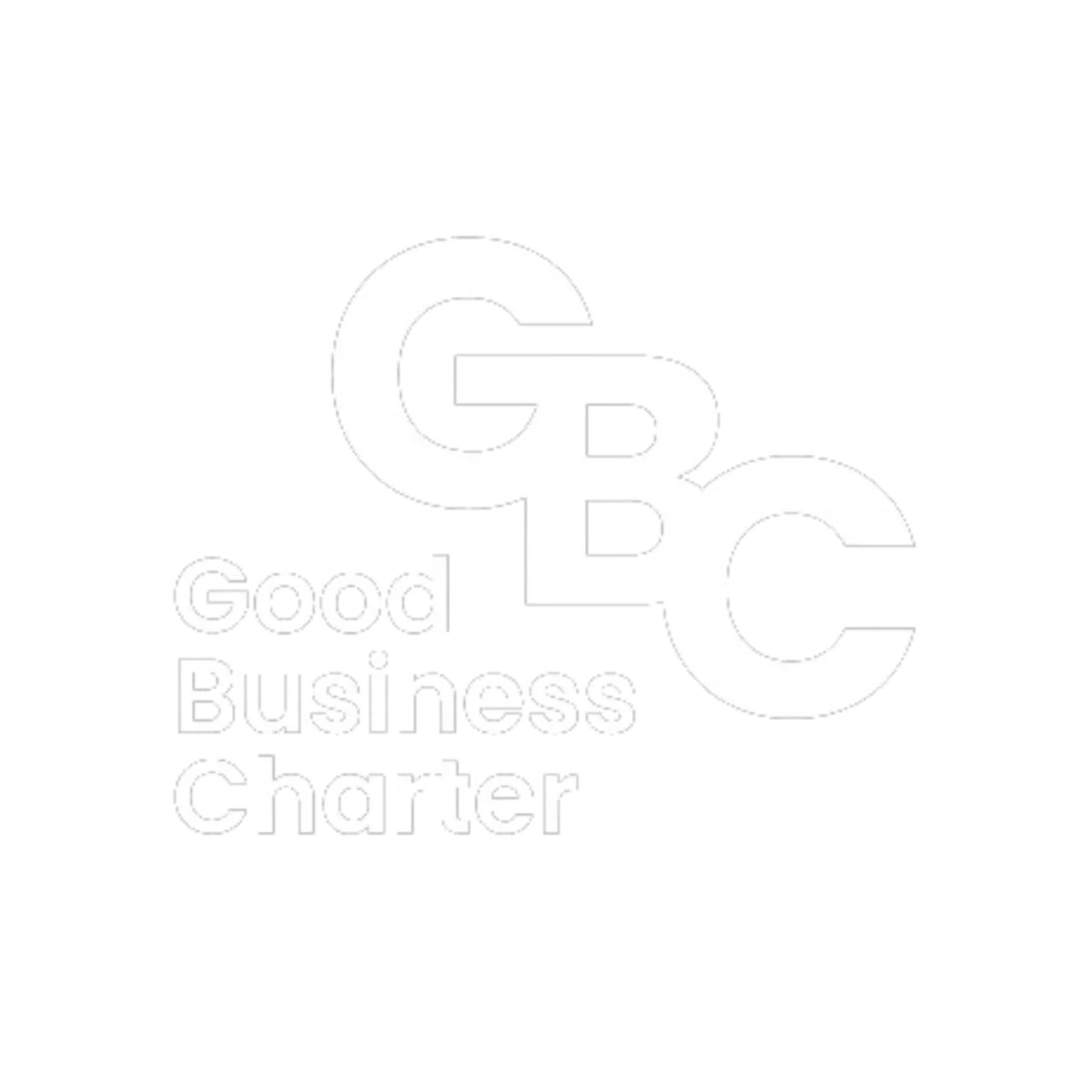
Tech Talent Spotlight Series: Lexie Papaspyrou
12 Jun, 20236 minutesLexie Papaspyrou is the Product/ Co-COO Tech Talent Charter and a recognised figure in the a...

Lexie Papaspyrou is the Product/ Co-COO Tech Talent Charter and a recognised figure in the areas of diversity, tech, innovation, and education. With over nine years of experience in leadership roles, she has worked with startups, scale-ups, to the world's largest tech companies.
Through her work at the Tech Talent Charter, she is committed to bringing together organisations to drive greater diversity and inclusion in technology roles. The TTC is a government-supported, industry-led membership group that brings together 700+ Signatory organisations and equips them with the networks and resources to drive their diversity and inclusion efforts. It was created to address the UK’s tech talent shortage and diversity problem through collective action.
Lexie is a D&I Expert and Thought Leader and was named by LinkedIn as one of the Top 100 D&I professionals to follow globally. She is part of the Open Data Institute Academy on Data Stewardship for Social Good and the Winner of Women in Tech Graduate Employer of the Year 2018, Shortlist finalist for the Women in IT Excellence Award for Team Leader of the Year 2018 (SME), and Nominee for We Are the City Rising Star Award 2018.
Introduce yourself
Hi, I’m Lexie Papaspyrou and I am a co-COO at Tech Talent Charter.
What is the purpose of TTC and is the TTC making a difference?
The TTC is a government-supported, industry-led membership group. We bring together 700+ Signatory organisations and equip them with the networks and resources to drive their diversity and inclusion efforts.
Our broad base of Signatories includes companies and industries of all sizes, non-profit organisations, charities, leading UK educators, and government departments.
The TTC was created because solving the diversity problem in tech requires a collective effort across organisations, industries, and sectors.
There is a strong business case for diversity. A recent report from McKinsey found that the relationship between diversity on executive teams and the likelihood of financial outperformance strengthened over time. CWJobs found that companies that take a proactive approach to DE&I are more likely to perform better, have higher profitability, make better decisions, and have a larger talent pool.
We pursue our mission by:
- Facilitating collaboration across organisations and sectors
- Curating insights in our Open Playbook to support companies in improving their D&I strategies across the entire talent pipeline
- Producing annual benchmarking data that helps Signatories to measure the diversity profile of their workforce and track progress
- Spotlighting the work of Signatories to improve their employer brand
Tell us about your journey at the TTC and why did you decide to join the organisation?
My tenure at TTC was a sabbatical that grew legs!
I was originally a Signatory of the TTC. I was the head of a technical product area in a tech services company and I heard about the TTC when it was much smaller. I thought it was a great idea so I signed my organisation up as a Signatory. We participated in various events and the annual data surveys and after sharing more about what my organisation was doing to improve D&I, I was invited to speak on a few Signatory panel events with other Signatories who were showing strong action and commitment to the cause.
After several years in my leadership role in tech, I decided to take a sabbatical and left my job. It was then that TTC asked me to help them deliver a data project for them - their annual D&I data collection. I hadn’t expected it but was passionate about this issue area so I came on to support the project. Nearly four years later, I still work on this data and research piece, except now, rather than just project managing it to a brief, I am responsible for the direction our data and research outputs take across the year, as well as the direction, strategy, and execution for our other digital products.
Which aspects of your job do you like most?
I love working with data and research. Being immersed in one issue area for a significant period allows me to understand the innovations and challenges that are emerging in this space, and to make smart decisions on what we should develop next in our suite of D&I products to support our Signatories.
Having been that tech leader under pressure to find talent and “deliver diversity”, I have a unique understanding of what this problem looks and feels like for tech companies and their managers. But having come across the table to TTC, I also benefit from a really deep understanding of what over 750 other UK organisations are doing. You simply cannot get this type of insight anywhere else, and it’s fascinating, motivating, and gives me so much cause for hope that positive change is happening at scale.
Historically in the IT industry, there has been pretty poor visibility of LGBTQ+. Do you think that the industry has made progress or does the heteronormative culture exist in the tech industry?
I don’t think these two statements are mutually exclusive. I do believe that there has been progress toward greater inclusion of individuals who identify as LGBTQ+. And the reason I believe this is because every year I survey Signatories to find out what D&I metrics they are measuring. Measurement of orientation has gone up by a third compared to last year. Now, 66% of Signatories are measuring the diversity of orientation in their teams. This mirrors a wider movement; for the first time, the UK census has asked about gender identity and orientation. I speak to Signatories to get more qualitative insights into what their views are and I see that there is an earnest desire to create more inclusive environments.
However, even though we are making positive strides, I don’t think that means we are necessarily in a good place. Organisations are all on a spectrum of maturity with their D&I practice. At one end some organisations have LGBTQ+ employee networks that are well-resourced, supported, and engaged with by thousands of UK employees. They tend to have very well-considered inclusive policies across the business where LGBTQ+ inclusion has been considered holistically. For example, how do LGBTQ+ experiences intersect with socio-economic experiences; how do they intersect with fertility and family benefits; how do they intersect with employee engagement opportunities and team culture? On the other end of the scale though there are still many businesses out there that are pretty much ignoring this together. We need to see more being done to create truly inclusive cultures from the boardroom to the breakroom.
What top tip do you want to send to people from diverse backgrounds who are thinking of a tech career?
I’d like to answer this more from an angle of personal experience, being an ethnic minority woman who found herself working in tech. I would say:
- Tech jobs are everywhere. You might be doing one, or very close to doing one without realising it. I’m essentially a digital product manager. That’s a tech job. I never suspected when I was studying English and expecting to be an English teacher, that I would end up here. But I wish I had known just how likely and relevant my skills were to what I do now.
- Stereotypes are unhelpful. When you think of a “techy person”, if it looks anything like a character you’ve seen in a TV show or a film, you’re probably basing career decisions on what you would or wouldn’t be good at or what you would or wouldn’t enjoy, on inaccurate information. TIP: If this is you, please find people you know who are doing jobs in any of these areas: they work with data; they work on a product or service that you access through a device like a computer or a phone (this includes people who don’t write code - maybe they make decisions about the product?), they work on the designs of things that you view on a device, they test out any type of digital technology, they work in an IT department, they write code, they manage any projects or people who do any of these things ^^^. Then ask them about their job, what they like, and what don’t they like. What is their day-to-day like? These people all have tech jobs or tech skills.
- It’s normal that a tech job isn’t a calling. Tech jobs don’t have to be your life’s passion. It’s okay if it is, but it’s also okay to do a tech job because that job enables you to, for example, work flexibly so you can collect your kids from school, or pay for that once-in-a-lifetime holiday. The tech industry is an amazing place to work and very forward-thinking. It’s full of smart people from all backgrounds who are at the forefront of creating innovative and valuable products and services for the years ahead whilst defining what the future of work looks like. So if these factors are beneficial to you, there’s no reason not to apply your unique skills to a role in this space. There’s plenty of room!
What can we hope to see from the Tech Talent Charter in the future?
In the year ahead we are working on producing our annual insights on the state of diversity in tech. We’ll be surveying our Signatories again in the summer to ask them more about their diversity metrics as well as what they are doing on inclusion more broadly. Every year we ask for more data and every year our Signatories deliver, showing amazing leadership to the wider business community and raising the bar.
We’ll also be taking our D&I insights on the road. We started last week with a roadshow in Manchester, and we intend to travel to other UK tech hubs to engage with business communities on the issues that are pertinent to their region. You can sign up for our live and virtual events on our website events page https://www.techtalentcharter.co.uk/events
And of course, all our work will be captured in our D&I toolkit of resources, which are free and publicly available to all, so we can continue to support any organisation that wishes to work in improving D&I in the tech ecosystem.
Lexie, we appreciate you taking the time to respond to the questions for this series. Your knowledge and expertise are priceless, and we hope that they will be used to help guide businesses in their diversity efforts to help foster an environment of inclusiveness and equity. If you would like to find out any more information about the Tech Talent Charter please feel free to check out their socials and website.









